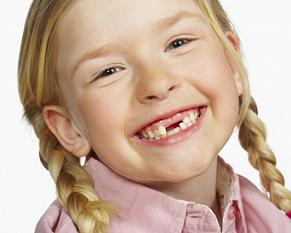Researchers have found that patients with peripheral artery disease or stroke were less likely to receive recommended treatments to prevent heart attack than those with coronary artery disease. All three are types of atherosclerotic cardiovascular disease.
Depending on the location of the blockage, atherosclerosis increases the risk for three serious conditions: coronary artery disease, stroke and peripheral artery disease.
"Our study highlights the need for public health campaigns to direct equal attention to all three major forms of atherosclerotic cardiovascular disease," said senior study author Erin Michos from the Johns Hopkins University in the US.
"We need to generate awareness among both clinicians and patients that all of these diseases should be treated with aggressive secondary preventive medications, including aspirin and statins, regardless of whether people have heart disease or not," Michos added.
Since atherosclerosis can affect arteries in more than one part of the body, medical guidelines are to treat coronary artery disease, stroke and peripheral artery disease similarly with lifestyle changes and medication, including statins to lower cholesterol levels and aspirin to prevent blood clots.
Lifestyle changes include eating a healthy diet, being physically active, quitting smoking, controlling high cholesterol, controlling high blood pressure, treating high blood sugar and losing weight.
What was unclear was if people with stroke and peripheral artery disease received the same treatments prescribed for those with coronary artery disease.
This study compared more than 14,000 US adults enrolled in the 2006-2015 Medical Expenditure Panel Survey, a national survey of patient-reported health outcomes and conditions, and health care use and expenses.
Slightly more than half of the patients were men, the average age was 65, and all had either coronary artery disease, stroke or peripheral artery disease.
These individuals were the representative of nearly 16 million US adults living with one of the three forms of atherosclerotic cardiovascular disease.
Compared to participants with coronary artery disease, participants with peripheral artery disease were twice more likely to report no statin use and three times more likely to report no aspirin use.
Additionally, people with peripheral artery disease had the highest, annual, total out-of-pocket expenditures among the three atherosclerotic conditions.
The findings showed that participants with stroke were more than twice as likely to report no statin or aspirin use.
Moreover, those with stroke were more likely to report poor patient-provider communication, poor health care satisfaction and more emergency room visits.
"Our study highlights a missed opportunity for implementing life-saving preventive medications among these high-risk individuals," Michos said.
The study was presented in the virtual conference at the American Heart Association's Quality of Care & Outcomes Research Scientific Sessions 2020.
 London, Dec 20: The memory and walking speeds of older adults who have lost all of their natural teeth decline more rapidly than in those who still have some of their own teeth, finds research.
London, Dec 20: The memory and walking speeds of older adults who have lost all of their natural teeth decline more rapidly than in those who still have some of their own teeth, finds research.




Comments
Add new comment